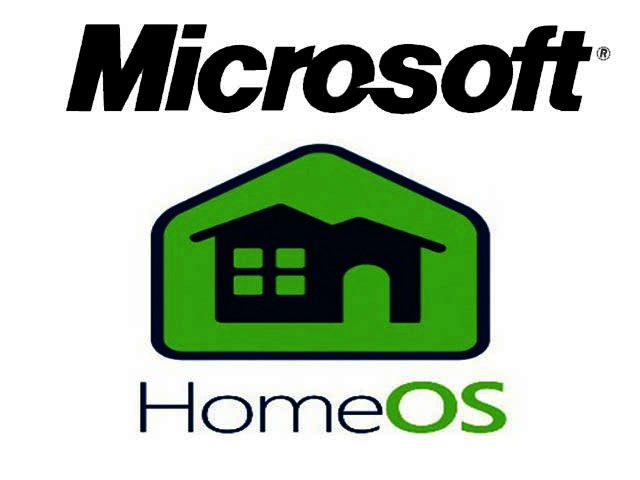PREVIOUS ARTICLENEXT ARTICLE
NEWS

Microsoft tests home automation operating system, HomeOS
By Ryan Noik 30 April 2012 | Categories: news
Our computers, smartphones and tablets all have one, and if Microsoft has its way, in the near future, our home will have an operating system (OS) of its own as well.
In a new report by Microsoft Research, the Redmond company’s research division explained that network devices for the home such as remotely controllable locks, lights, thermostats, cameras,and motion sensors are now readily available and inexpensive.
In theory, it elaborated that this enables scenarios like remotely monitoring cameras from a smartphone or customising climate control based on occupancy patterns.
In practice today, however, such smart home scenarios were limited to expert hobbyists who were highly familiar with technology, and the very wealthy, due to the complexity of the solutions on offer and the high expenses involved, according to the report.
“Honey, I’m HomeOS”
To address the former concern, the company’s research division presented its home automation software, aptly named HomeOS. This is aimed at providing users with a familiar and user friendly interface for controlling a myriad of devices such as their home’s air conditioner, smart TVs, door locks, house lights and consoles.
All these would be viewed and managed by HomeOS as a peripheral, in a similar fashion as network connected printers are from one’s PC. Additionally, a myriad of home functions could further be controlled remotely from one’s smartphone.
The research division explained that for example, users would be able to receive a live view on their smartphone of what’s happening in their home at any time. Users could also opt to receive an email when their home doorbell was rung or their front door was opened, which would provide a link to a live view from all the cameras in one’s home.
How to make an appy home
The more exciting part of the HomeOS is apparently how easy it could be to develop and deploy apps that add additional functionality, which could then be bought and installed onto the HomeOS from HomeStore, an app store for smart homes.
Already the team has developed 18 applications that ranged from simple (turning a light on or off) to complex. For example, a media application could transparently redirect a music stream from one room to another, depending on how lights are turned on or off in each room, using lights to indicate whether there was a human presence in a room at a given time.
An authentication application enables users to open a lock, for example, using both speech and voice recognition.The research division explained that each of the 18 applications were less than 300 lines of C# code and took only a few hours to develop.
To the point
This could mean that in the future, a myriad of apps could be developed and made available in a short amount of time.
As both Google’s Android Play market and Apple’s App store have demonstrated time and again, the abundance of high quality apps that have dramatically increased smartphones’ usefulness has extended the appeal of the device far beyond what the hardware could have accomplished on its own. Perhaps, HomeStore and Home OS could do the same for home automation technology in the future as well.
For a full walkthrough of Microsoft Research’s vision, hit the video below.
USER COMMENTS
Most Read Articles
Read

Magazine Online
TechSmart.co.za is South Africa's leading magazine for tech product reviews, tech news, videos, tech specs and gadgets.
Start reading now >
Download latest issue
Have Your Say
What new tech or developments are you most anticipating this year?
New smartphone announcements (45 votes)
Technological breakthroughs (29 votes)
Launch of new consoles, or notebooks (14 votes)
Innovative Artificial Intelligence solutions (29 votes)
Biotechnology or medical advancements (24 votes)
Better business applications (160 votes)



